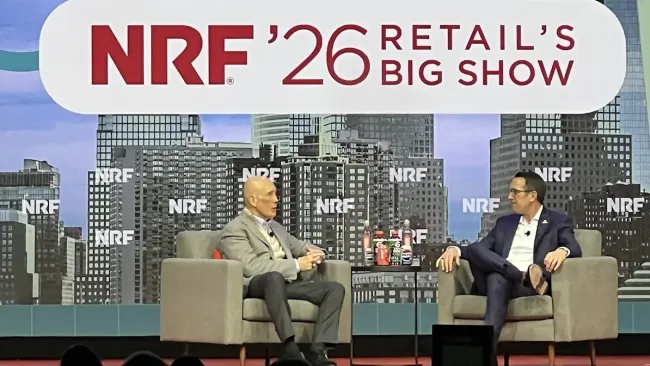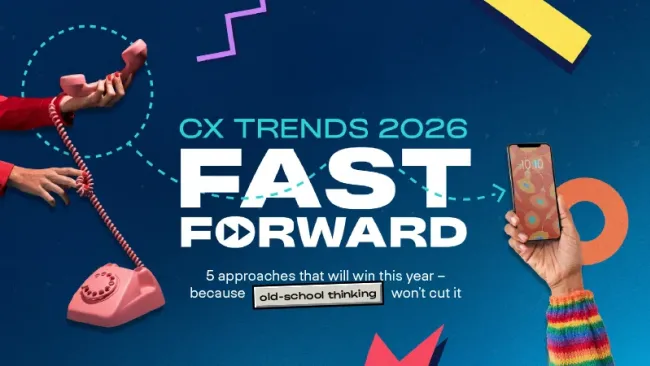To be a customer service associate at Wayfair, the online furniture retailer, candidates must successfully play Escape the Room—an interactive game in which players are locked inside a room and solve puzzles to unlock the door. The purpose is to assess a candidate’s problem-solving abilities, explained Liz Graham, vice president of sales and service at Wayfair.
At Forrester’s 2017 CXNYC Forum, Graham outlined the Boston-based retailer’s strategy for maintaining a high level of customer service and driving customer loyalty. Problem-solving skills are just one of the factors that the retailer looks for in its sales and service consultants (SSCs), Wayfair’s term for its associates. “We look for creative thinkers who can solve complex issues,” Graham said. “That has led us to recruit at unconventional places like Comic Con and we’ve raised the education requirement to college graduates.”
These measures are necessary, Graham insisted, as automated systems increasingly handle routine questions like order statuses, leaving humans to handle the more complex questions. SSCs are expected to answer questions on a variety of topics, such as which product would work best for a customer’s specific needs. The company also hires skilled workers like plumbers and electricians to answer technical questions.
As Forrester analysts often note, personalization creates a better customer experience. Wayfair has made it a point to enable employees to “own” customer issues from beginning to end, according to Graham. For example, when customers click on the “Call Us” link on Wayfair’s website, they are assigned a unique phone number that lets the associate connect the call with the customer’s browsing history to understand the context of the call. SSCs also give customers their direct email address for post-interaction follow-up to create an even more personalized experience.
Wayfair’s investment in its customer service appears to be paying off. The company, which went public in 2014 and has about 5,700 employees, recently reported a 32 percent YoY increase in Q1 revenue. The company also said the number of active customers using its websites reached 8.9 million by the end of March, an increase of about 46 percent year over year.
At the same time, Wayfair has yet to turn a profit. And the company faces steep competition from companies like Amazon, which was famous for being unprofitable until it began surpassing profit expectations. Amazon is making a major push into online furniture with its new furniture seller program and is rumored to be developing augmented reality furniture stores. But as long as Wayfair and Amazon continue to place a premium on customer experiences, regardless of which company comes out on top, the customer wins.
From the Road: Wayfair Raises the Bar on Personalized Customer Service














